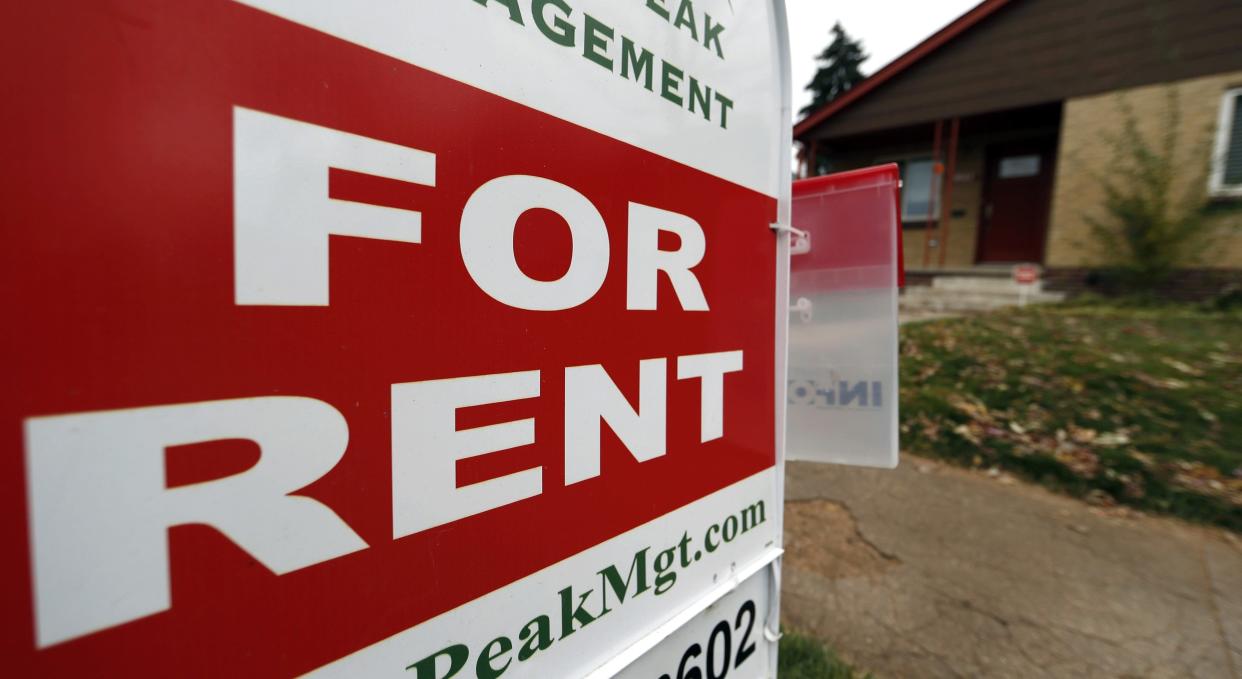Like renters, landlords face their share of challenges | Opinion

Christopher C. Reed owns rental property in Rhode Island.
Joanne Giannini's column ("Renting an apartment has become the impossible dream," Commentary, December 31) extolling rent control reminds us of H.L. Mencken's aperçu that for every complex problem there's a solution that's simple, clear, and wrong.
A brief refresher on real estate economics is in order. As any landlord can attest, there's little that's lordly about the job. The market function of the landlord is to provide housing to those who don't care to take on a 30-year mortgage obligation. (The astute reader will note that the mortgage payment is due whether the rent has been paid or not.)
Your landlord serves as an intermediary between renters and representatives of various bureaucracies including banks, insurers, municipal tax collectors, utility companies, city inspectors for building code enforcement, fire safety inspectors, fire prevention inspectors, lead paint safety inspectors, public housing authority inspectors and officials, and a host of skilled trades and contractors.
More: House prices and interest rates are down in Rhode Island, but does it really matter?
How do we suppose all these people get paid for their work? Does anyone believe that over the past few years of Bidenomics contractors, lenders, and tax authorities have lowered their rates? Your landlord takes a best guess at what renters are willing to pay and puts the property on the market. If a vacancy is immediately bid on by a qualified applicant, he may wonder if he's offered it at the right price. If the apartment sits vacant he'll know it's on at a wrong price. But he doesn't set the price, renters do, by what they're willing, or not willing, to pay.
Many landlords in cities like Providence hold one, two, or a few units and got into the rental property business more or less by accident. Thinly capitalized, they may be unable to raise the capital investment required to comply with current fire and lead safety codes. For a small holder of one or two units, a monthly fine of $125 per unit for non-compliance may be enough to convince them to exit the business. In the parlance of economics, this is how assets move from weak hands to strong. Property formerly rented out may find a higher and better use as owner-occupied or on Airbnb.
More: Pay for success? Investors benefit if new housing program helps RI's homeless residents
After a property has been sold at today's price, after it is encumbered with a new mortgage at current rates, after a swarm of contractors and inspectors have had their way with it for quite some time and it is finally in compliance with current year codes, does anyone really think its new ownership should put it back on the market at last year's rent? But wouldn't it be pretty to think we could just "pass a law" and make it so?
If you want to gut the rental housing market, there's no quicker way than government price fixing, i.e. rent control. Blaming landlords for the state of the housing market is the logical equivalent of blaming doctors for the state of health care.
This article originally appeared on The Providence Journal: Your landlord serves as an intermediary between renters and representatives of various bureaucracies.

